His death was accidental so why did some call it murder?
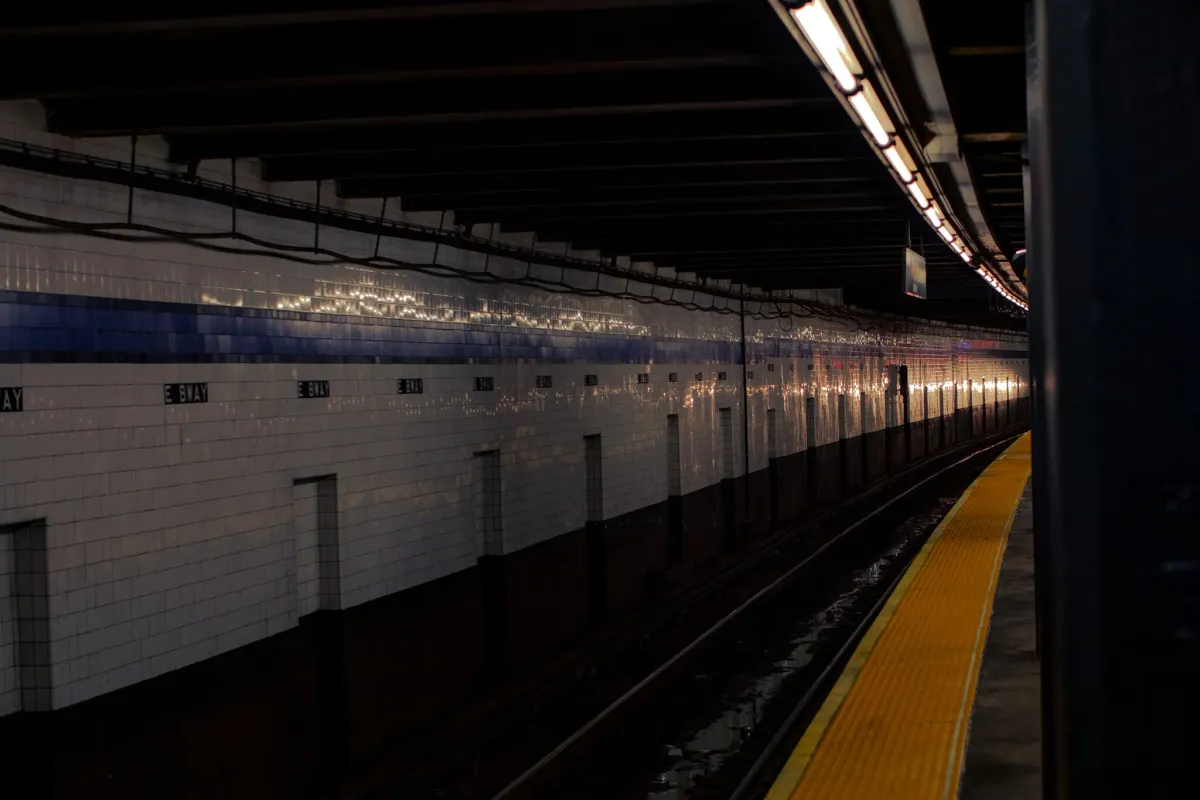
From the New York Times: "It was the kind of tragic accident that reverberates through a community: a first-year college student, out late in New York City on New Year’s Eve, falls onto the subway tracks and is killed by an oncoming train. Word of the 19-year-old’s death spread quickly among the people who knew the young man, Matthew Sachman, who went by Matteo. But when they typed his name and what little they knew into the search bar, they found a blizzard of poorly written news articles, shady-looking YouTube videos and inaccurate obituaries. Some said that Sachman had not fallen onto the tracks at all, but had been stabbed to death in a Bronx subway station.
Top Harvard cancer researchers accused of scientific fraud in 37 studies
From Beth Mole for Ars Technica: "The Dana-Farber Cancer Institute, an affiliate of Harvard Medical School, is seeking to retract six scientific studies and correct 31 others that were published by the institute’s top researchers, including its CEO. The researchers are accused of manipulating data images with simple methods, primarily with copy-and-paste in image editing software, such as Adobe Photoshop. The accusations come from data sleuth Sholto David and colleagues on PubPeer, an online forum for researchers to discuss publications that has frequently served to spot dubious research and potential fraud."
How air conditioning helped get Ronald Reagan elected president
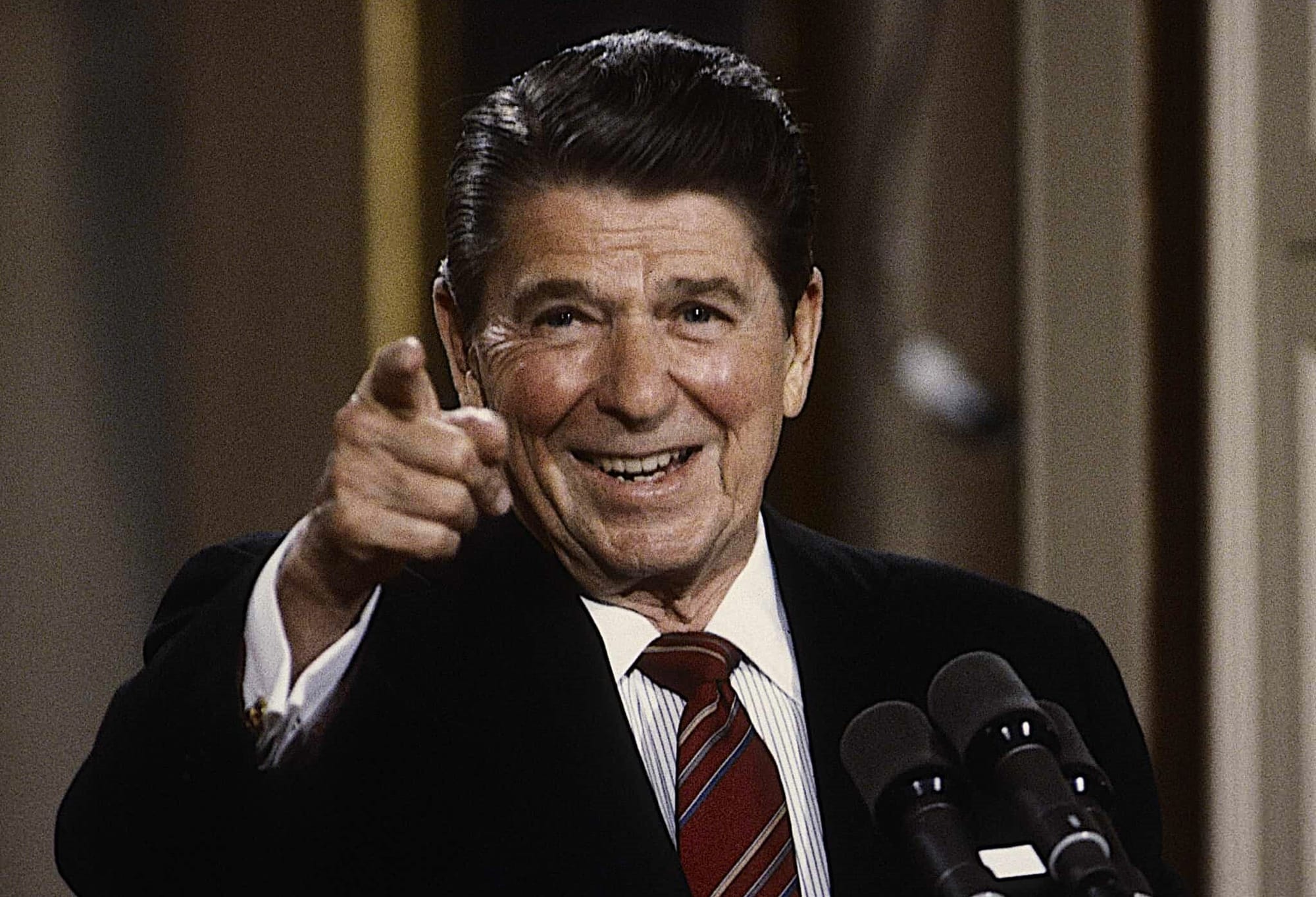
From Innovation Hub: "In the steamy printing room of an early 20th-century Brooklyn shop, the Reagan campaign was born. Kind of. Author Steven Johnson explains how the shop's owner called up a man named Willis Carrier to build a kind of huge dehumidifier for the printing room. As it turned out, it also made the air a little cooler. Carrier started to develop his dehumidifier into the forerunner of modern air conditioners. Suddenly, people could live in sweltering Southern cities without discomfort, and it triggers this extraordinary migration of human beings. And of course, where people go, so do votes, meaning a transfer of electoral college votes from the north to the south."
Editor's note: If you like this newsletter, please share it with someone else. And if you really like it, perhaps you could subscribe, or contribute something via my Patreon. Thanks for being a reader!
The splintering of the self: Annie Liontas writes about life after a concussion
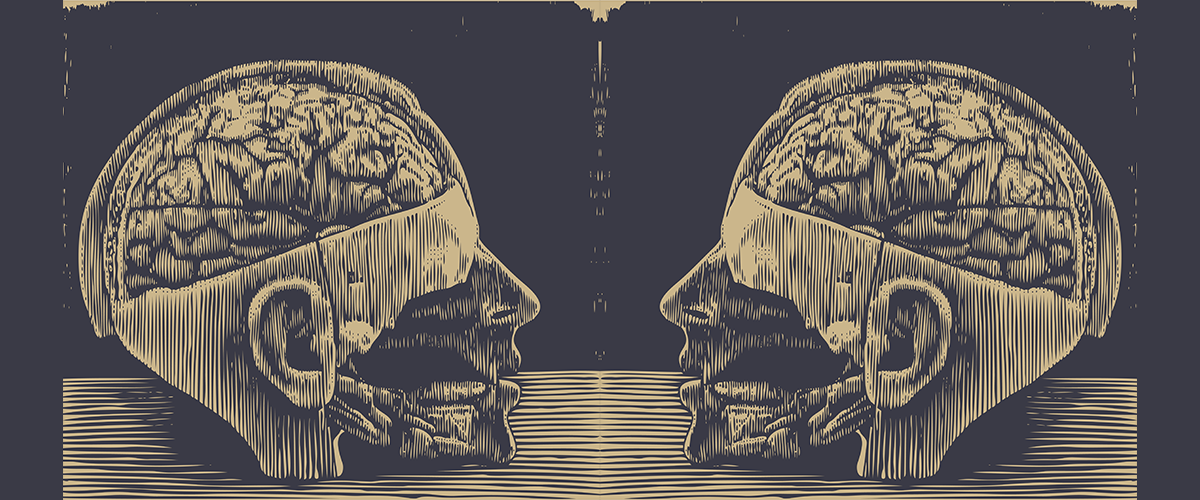
From Literary Hub: "After my third concussion, I sit in the chair, wrestle with the empty page. I do this out of terror and habit. Nothing comes. This is not writer’s block. I have lost the gift of sight—I can no longer look into that space ahead and conjure something out of the fictive world. It is less like blindness, more a body part gone numb. I forget how to imagine. I forget words entirely, how to set them alongside one another. It is as if someone has hidden language behind a curtain, and I can only see the shadow it makes on the blank wall. I try talking into a voice recorder, but when I play it back, it sounds like someone else’s book, so I throw it out. Dear god, I pray, please make me whole if only on the page."
An interview with Lenin from 1919
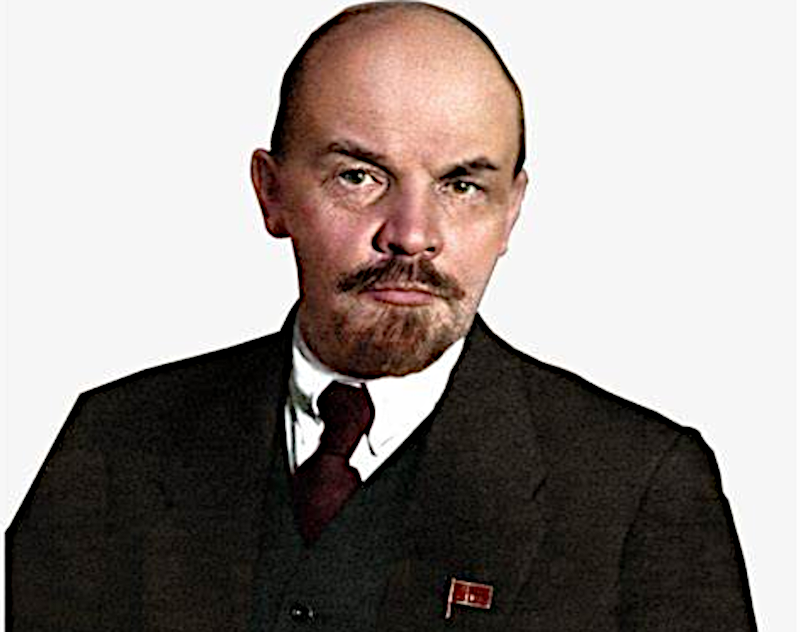
From The Guardian: "He speaks clearly in a well-modulated voice, and throughout the interview he never hesitated or betrayed the slightest confusion. Indeed, the one clearly cut impression he left on me was that here was a clear, cold brain, a man absolutely master of himself and of his subject, expressing himself with a lucidity that was as startling as it was refreshing. I asked what I should speak, French or German. He replied that he would prefer to speak English, and that if I would only speak clearly and slowly he would be able to follow everything. Only once during the three-quarters of an hour that the meeting lasted did he stumble at a word, and then only for an instant."
How did eating popcorn while watching a movie become a thing?
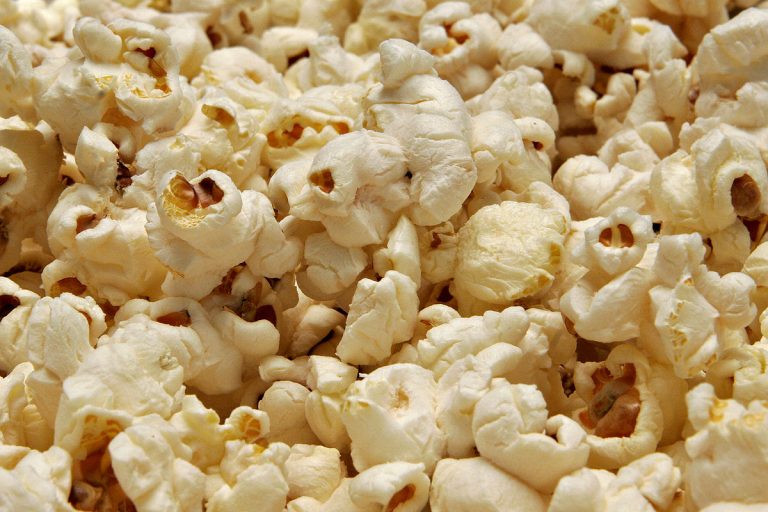
From Dan Lewis at Now I Know: "In 1885, Charles Cretors developed a way to pop kernels using steam and without the need of a kitchen and street vendors popped up in urban areas. Some theatergoers would buy a snack on the street in hopes of sneaking it into the movies, but theaters discouraged this behavior, putting up signs requesting that patrons check their popcorn along with their coats. In 1929, though, that began to change. The Great Depression gripped American society and like everyone else, movie theaters were feeling the pinch of lower demand. So instead of preventing patrons from sneaking popcorn into the movie, theaters partnered with the popcorn vendors."
How to give someone a heart attack
what a monster 😭 pic.twitter.com/fkPzCeq5jV
— internet hall of fame (@InternetH0F) January 25, 2024
Acknowledgements: I find a lot of these links myself, but I also get some from other newsletters that I rely on as "serendipty engines," such as The Morning News from Rosecrans Baldwin and Andrew Womack, Jodi Ettenberg's Curious About Everything, Dan Lewis's Now I Know, Robert Cottrell and Caroline Crampton's The Browser, Clive Thompson's Linkfest, Noah Brier and Colin Nagy's Why Is This Interesting, Maria Popova's The Marginalian, Sheehan Quirke AKA The Cultural Tutor, the Smithsonian magazine, and JSTOR Daily. If you come across something interesting that you think should be included here, please feel free to email me.



